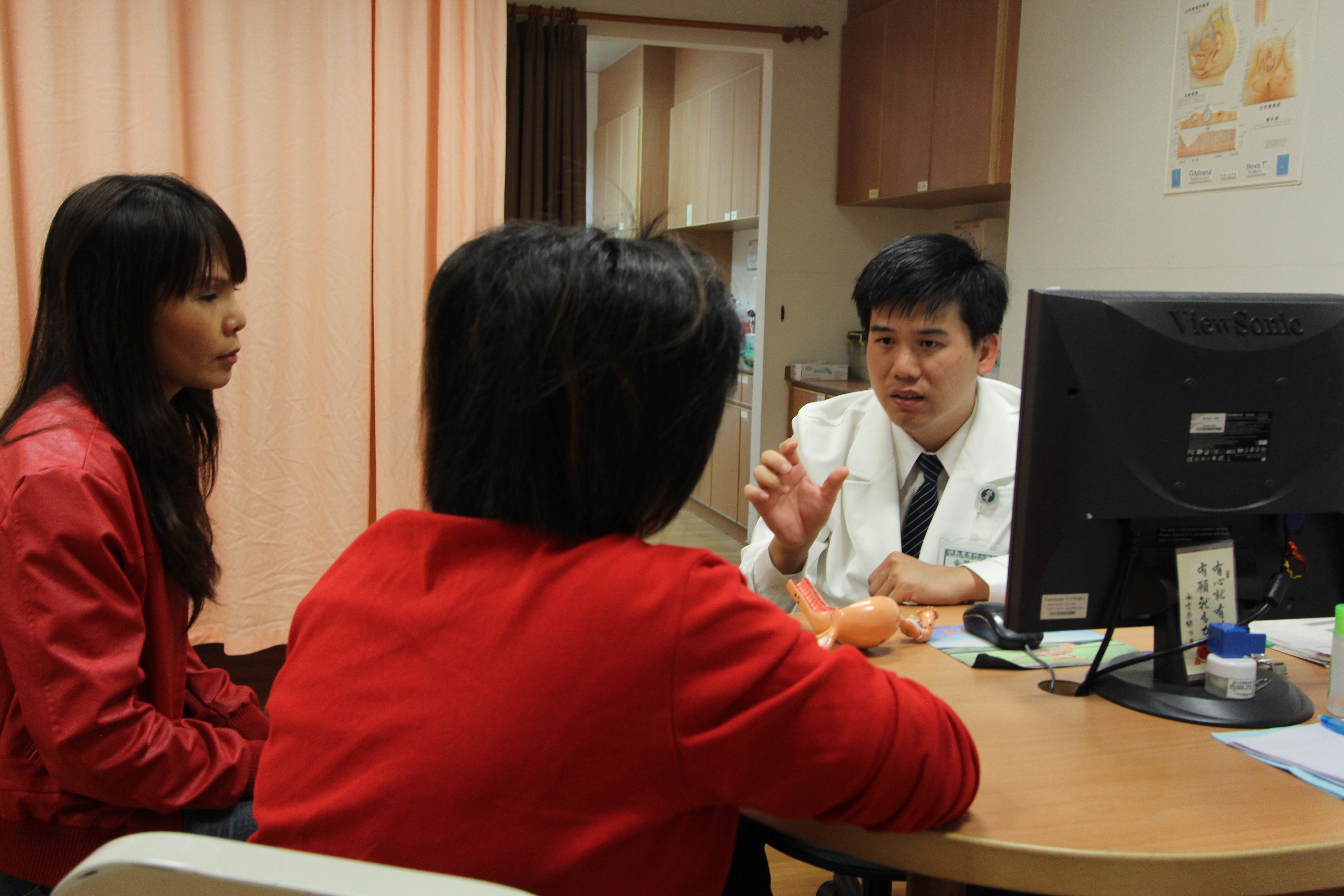The group of new immigrants ranks the fifth largest group in Taiwan. The reasons that they came to Taiwan are for marriage, studies, or business. According to the statistics done by the Ministry of the Interior, the majority of the new resident population is female, including Chinese, Southeast Asian, Japanese, and Korean spouses. New immigrants' multicultural beauty has enriched Taiwan's society.
Response on difficulties that new immigrants face when seeking medical treatment as follows,
- Gap in health insurance coverage:
This problem has been presented upwards to the government, and some cities have also budgeted for prenatal care checkups during the gap in health insurance coverage. So, when female new immigrants are receiving medical treatment, they need to inquire about relevant regulations to protect their rights.
- Go with a person who speaks your language
You may need a person accompanying you when receiving medical treatment from a doctor to avoid potential misunderstanding or receiving a wrong prescription.
If you decided to live in Taiwan in the future, you may need to improve your Chinese proficiency. Pregnant women could ask their husbands if inviting their mothers to come to Taiwan as a company is possible during pregnancy. If not, it's advised to receive Taiwanese postpartum care to avoid disharmony among family members.
- Manners:
Taiwanese value manners and proper behaviors very much. "Hello, Dr.", "Hello, Ms.", "Thank you", and "May I ask..." should all be used in conversations with medical personnel.
- Choose a compassionate doctor:
Normally, doctors who are also from Southeast Asia might be more compassionate than Taiwanese doctors. So, you may consider seeking medical treatment from a doctor who is from Southeast Asia and knows your culture to receive more thoughtful medical care. Taiwanese people are normally kind and friendly, so there's not much problem when new residents seek medical care.
- Choose a hospital that values new residents' rights
How do you know if a hospital values new immigrants? Are there any multilingual health education fliers provided? For instance, Tzu Chi Hospital has established a specialized outpatient department and provides a friendly environment for new immigrants, including interpreting services, a lower payment, medical counseling services, and multilingual health education fliers.
- Seek medical treatment ASAP
If your child is a little sick, visit a doctor as soon as possible. Don't delay it until sickness gets more serious, or you'll pay more to receive proper medical treatment.
- Useful online resources:
The following are some online resources listed for you,
- Maternal Health Booklet by the Ministry of Health and Welfare (Vietnamese, Thai, Burmese, Indonesia, and English versions provided): https://www.hpa.gov.tw/Pages/EBook.aspx?nodeid=1142
- For information on foreigner's health insurance: https://www.nhi.gov.tw/Content_List.aspx?n=62969A3F0BCAB383&topn=0B69A546F5DF84DC
- Subsidies for health care: https://www.nhi.gov.tw/Content_List.aspx?n=CD44CFAC1B3DB345&topn=5FE8C9FEAE863B46
Taiwan is a domestic and free society and has sufficient medical resources. Due to new immigrants who have cultural differences from us, they usually face difficulties in seeking medical treatment. Although the current medical system is not yet perfect, Taiwan's government will continue to work on it and establish better policies to benefit new immigrants living in Taiwan.
Written by Dr. Pang Wen-quan (龐渂醛), Obstetrician of Tzu Chi Hospital.








